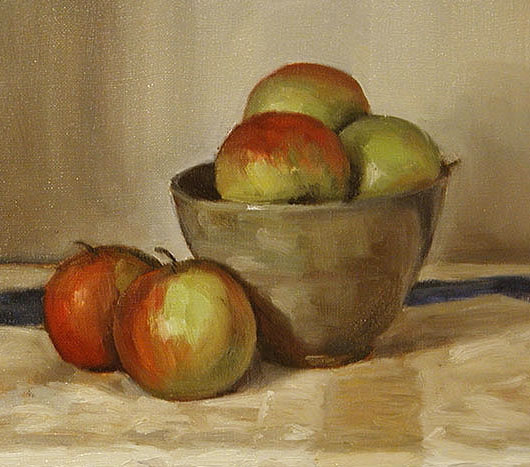Procrastination: Friend or Foe?


Fleas, apples, whatever it is, I suggest that you go ahead and give yourself 15 minutes to waste time as extravagantly as you want. You’re going to do it anyway, so make it a deliberate decision and chuck out the guilt. Go ahead and order those bunny slippers on special, scroll through the recent postings of celebrity bad behavior on Buzz Feed. But set a timer. And when the timer goes off, get to work. (Remember the reward at the end, too—see post of December 9.)
So what did I do this Sunday morning? Everything but what I just recommended. I “forgot” the timer. I became suddenly, deeply interested in a stain on the wall behind the cat food bowl. After energetically scrubbing it away, I realized I hadn’t finished that article on culinary time-savers (did you know you can make bread with only ice cream and flour?). Then, I decided it was urgently important to bug my teenage daughter about helping me with a pile of laundry, which led to a spirited conversation about an unfinished homework assignment and excessive viewing of Season 4 of “Sherlock Holmes” on her laptop, activities which could not possibly be related. My husband came home from an errand, and soon we were deep in a discussion about dinner: enchiladas or tacos? Are the avocados sitting on the counter ripe enough to make guacamole? The topic expanded to a larger discussion about the environmental impact of buying California avocados in January, and then to the locavore movement, and then…god knows. I think it was climate change and numerous other global issues that needed to be solved today, by me personally, before I could sit down and write.
But sit down I finally did. As I started, slowly, to peck at the keyboard, I was thinking that all the good advice in the world about writing doesn’t always translate into action. Sometimes, there are just off days. Days of procrastination and busy-ness and mundane tasks and other people wanting things: your time, your attention, your brand-new black leather boots. (No, dear daughter, you cannot borrow my boots. Because they are new, and nice, and you always get mud on them. I said no.) All you can do it shrug, accept it, and move forward. Or…
Might there be another way of looking at it? Are these necessarily off days? Or is there a kind of strange comfort, a mental relief in a day of domestic dithering? Thinking about it, I realize the answer, for me, is yes. I felt good about getting that stain off the wall – it faintly resembled Stalin and made me uneasy every time I fed the cat. The laundry got done, and so did the homework. (Score!) And my husband and I, by the end of our conversation, solved the pressing avocado issue. Simple, everyday achievements. But simple, everyday actions are the stuff of life for most human beings, not opposed to the act of creating literature, but the flow of life alongside it. As the Zen masters say, “Chop wood. Carry water.” While engaged in my own version of chopping and carrying, my mind was humming along, turning over an idea for a new essay without my conscious effort. As I sat down to write feeling vaguely guilty about the morning I’d “wasted,” I found the idea. It had been there all along, flowing beneath the day’s activity like an underground spring.
So is it true that, as British historical writer Hilary Mantel believes, “imagination comes when you privilege the subconscious, when you make delay and procrastination work for you.”? Maybe not every time. But today it was. Writing eventually appeared on the page, many pages of it. I know where I want to go for the next draft. (And the guacamole was delicious.)



Personally, I've taken to calling procrastination putzing. I LOVE to putz. Putzing gives my mind the time it needs to connect thoughts, patterns, solve problems, link ideas....etc. For the most part, it works and it is a heck of a lot more productive than sitting and staring at a blank screen [or piece of paper].
ReplyDeleteI love what you have to say about "putzing," Mary. The mind does need time to connect thoughts, link ideas, etc., and often this happens below the conscious level first. What do you like to do when you're putzing?
ReplyDelete